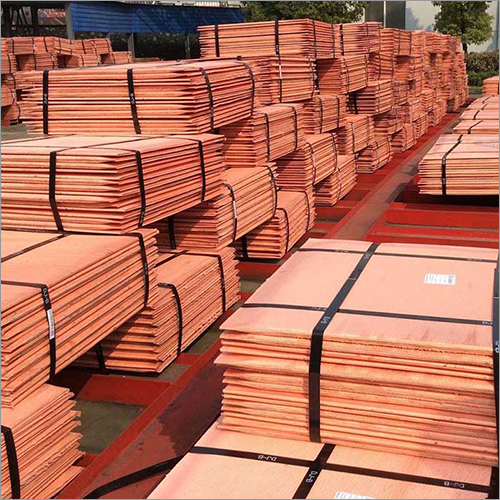The London Metal Exchange (LME) recorded its largest monthly withdrawal of Russian copper since it began publishing detailed origin data in 2023, as Glencore Plc reportedly moved significant volumes of the sanctioned metal to China amid tightening global supply.
According to figures released Tuesday, Russian copper inventories on the LME fell by 27,350 tonnes in May, including 14,800 tonnes of “Type 2” copper—metal produced before April 13, 2024, but only warranted after UK and US sanctions came into effect on that date.
Under UK law, British companies and citizens are prohibited from taking delivery of “Type 2” Russian copper. However, traders operating through non-UK entities, such as Glencore’s Swiss-based copper desk, are not subject to the same restrictions. The move highlights the complex legal and geopolitical dynamics shaping today’s copper trade.
Bloomberg previously reported that Glencore had been purchasing Russian copper through the LME and arranging shipments to China. The firm has declined to comment on the matter.
The surge in withdrawals underscores an increasingly tight copper market. LME copper inventories are now at their lowest levels in nearly two years, and although Russian metal has long been seen as undesirable due to the ongoing war in Ukraine, a lack of alternatives is forcing some market participants to tap into the growing LME stockpile.
Since Russia’s full-scale invasion of Ukraine in 2022, many industrial buyers and financial institutions have steered clear of Russian-origin metals. This avoidance, combined with targeted Western sanctions, led to a steady buildup of Russian copper in European warehouses—until now.
The latest drawdown marks the first net reduction in “Type 2” copper since the latest wave of sanctions was introduced, signaling a shift in trader sentiment. Some analysts speculate that expectations of a potential peace agreement in Ukraine could lead to a revaluation of Russian-origin inventories.
Meanwhile, the Chinese copper market—which rebounded sharply in April after prices briefly plunged—has begun to cool, with premiums falling and some smelters preparing to export refined metal. Still, the LME remains the tightest exchange in the global market, amid supply redirection to the US following renewed tariff threats by President Donald Trump.
As copper demand continues to outpace visible supply, market players appear increasingly willing to turn to previously shunned Russian stockpiles—particularly when economic and geopolitical calculations shift.


